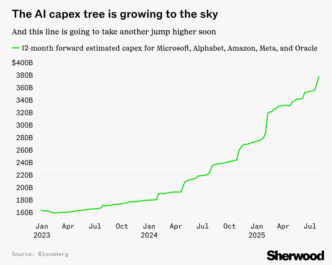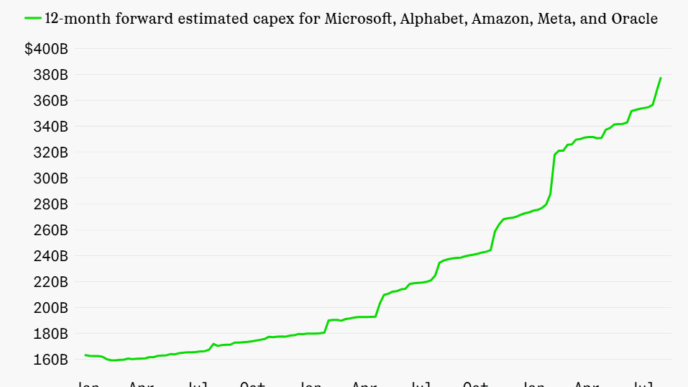AI’s global south gap is under fire.
Tech hubs and power? Mostly in the US and other rich countries. The global south misses out on the big AI conferences due to visa struggles and infrastructure gaps. Low-paid AI data work? Mostly done in the global south, but benefits flow north.
Energy use shapes AI power. Countries that burn more energy shape AI’s future. This echoes old trade patterns where resources were extracted from poor countries and sold cheaply.
The “democratization” of AI is mostly a promise. Real economic leverage and geopolitics still favor the industrialized world.
The question now: What if the global south built its own AI community, like the BRICS group does economically? How would that change AI’s future?
Mary L Gray and Siddharth Suri’s 2019 Ghost Work exposed hidden AI labor. Five years on, debates about decolonizing AI and inclusion remain urgent.
Associate professor Fadhel Kaboub weighs in on opportunity gaps:
“a lack of vision for oneself results in being a part of someone else’s vision”
Weak laws and mistrust hinder AI adoption in poorer countries. Data sovereignty and local markets are key to changing that.
Ultimately, AI’s impact needs measurement by how it lifts the most marginalized, not just the rich tech hubs.
The global south still waits for AI to tell its story—not just make someone else richer.














